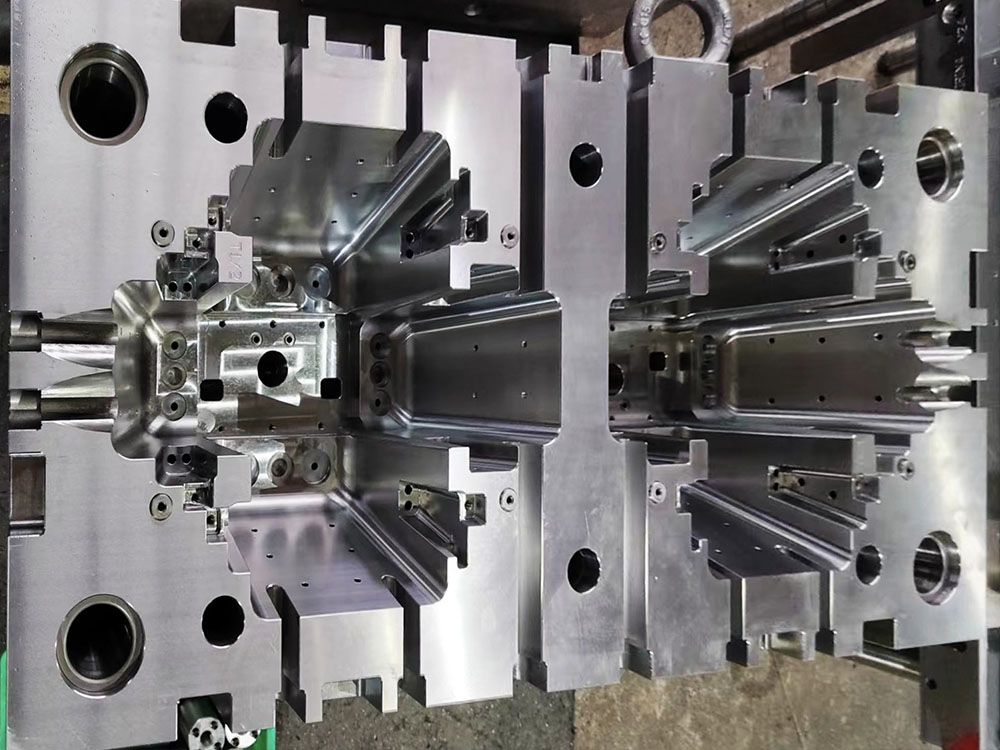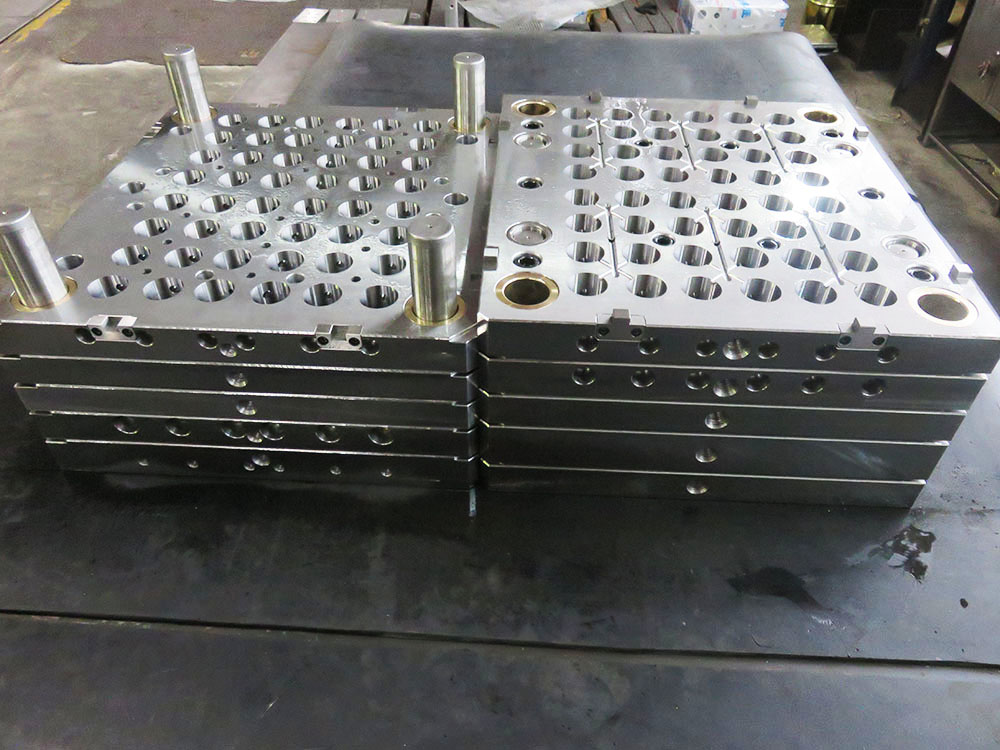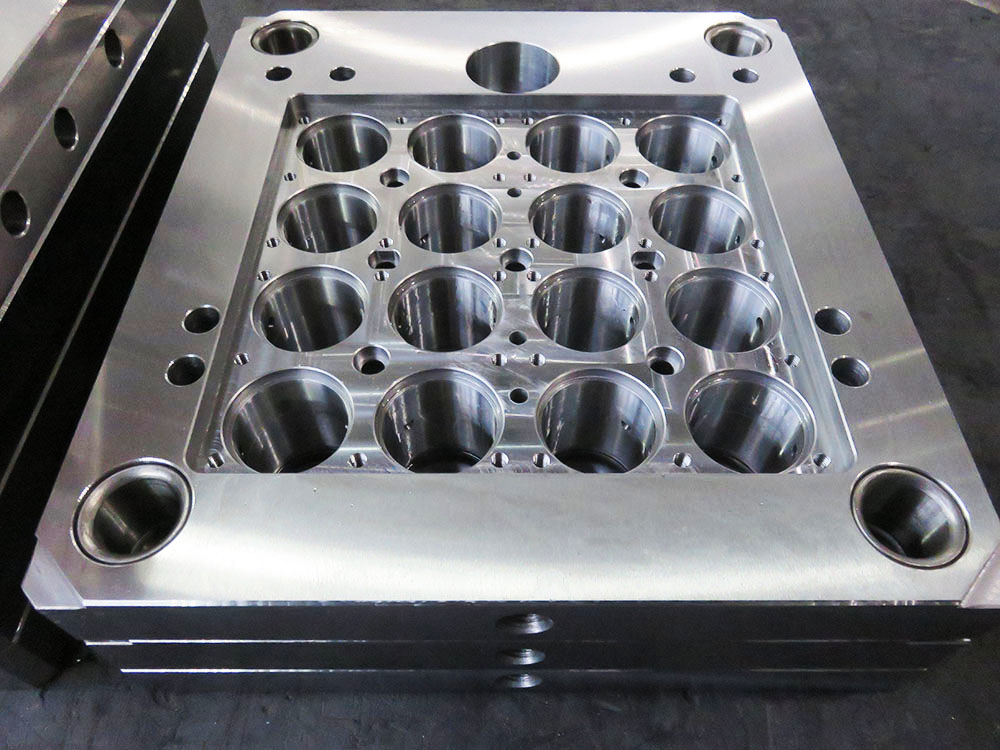Flexible Application of Non-standard Framework in Customized Production in the Mold Base Industry
Introduction
The mold base industry plays a crucial role in the manufacturing sector, as it provides the foundation for the production of various moulds. With the increasing demand for customization in manufacturing, the application of non-standard frameworks has become a vital aspect of the mold base industry. This article explores the flexible application of non-standard frameworks in customized production within the mold base industry.1. Understanding the Non-standard Framework
In the mold base industry, a non-standard framework refers to a customized design and manufacturing approach that deviates from conventional standardized processes. It involves tailoring the mold bases according to unique customer requirements, ensuring their compatibility with specific production needs. The non-standard framework allows manufacturers to create molds that are optimized for performance, efficiency, and cost-effectiveness.2. Benefits of Non-standard Frameworks in Customized Production
Applying a non-standard framework in customized production offers several advantages for manufacturers in the mold base industry. Firstly, it enables the production of highly specialized and unique molds that meet specific product requirements. This flexibility in design and manufacturing allows manufacturers to cater to a diverse range of industries and products. Additionally, the non-standard framework enhances efficiency by eliminating unnecessary features and components, leading to improved performance and reduced costs. The customized production approach also fosters innovation, as manufacturers can experiment with new materials and processes to optimize mold design.3. Application of Non-standard Frameworks in Customized Production
The application of non-standard frameworks in customized production within the mold base industry can be seen in various stages of the manufacturing process. Firstly, during the design phase, computer-aided design (CAD) software and simulation tools are utilized to create and validate custom mold base designs. This allows manufacturers to visualize the final product, make necessary adjustments, and ensure that it meets the desired specifications. Furthermore, the selection of materials for the mold base is also tailored to the specific requirements of the production process, ensuring optimal performance and longevity.4. Challenges in Implementing Non-standard Frameworks
Despite the numerous benefits, implementing non-standard frameworks in customized production also presents certain challenges in the mold base industry. One significant challenge is the need for specialized expertise and knowledge in design and manufacturing. Companies operating in this industry must invest in training and hiring skilled professionals who possess the ability to work with non-standard frameworks. Additionally, the integration of non-standard frameworks with existing production systems and processes may require modifications, posing potential disruptions to the production workflow.5. Future Trends and Opportunities
As the demand for customized production continues to grow, the mold base industry is presented with significant future trends and opportunities in the application of non-standard frameworks. With advancements in technology, such as additive manufacturing, manufacturers can explore new possibilities in mold base design and production. This includes the ability to create complex geometries, reduce lead times, and enhance product performance. Furthermore, the integration of artificial intelligence and machine learning can optimize the customization process by analyzing customer data and making recommendations for improved mold base designs.Conclusion
The flexible application of non-standard frameworks in customized production within the mold base industry offers numerous advantages for manufacturers. By deviating from conventional standardized processes, customized mold bases can meet specific product requirements, improve efficiency, and foster innovation. However, the implementation of non-standard frameworks also presents challenges that require specialized expertise and modifications to existing production systems. Moving forward, advancements in technology will further enhance the opportunities in applying non-standard frameworks, driving the mold base industry towards increased customization and improved performance.



